THANK YOU FOR SUBSCRIBING

Driving Sustainability with the Power of Technology
Mark Taylor, Head of Sustainability, Inenco Group

 Mark Taylor, Head of Sustainability, Inenco Group
Mark Taylor, Head of Sustainability, Inenco GroupMark Taylor, with over a decade of experience in the energy sector, helps develop strategies for both commercial and retail sectors. Combining his client and project management expertise, Taylor devises technological solutions to reduce resource overuse to tackle the challenges in the sustainability sector.
In an interview with Applied Technology Review Europe, Taylor shares his insights on enhancing operational efficiency and eliminating over-reliance on the supply chain.
What are some of the current challenges impacting the industry?
The operational and delivery challenges are the hardest to deal with. The sustainability sector has different aspects, and it can be tiresome for the clients to comprehensively understand the relatively complicated subjects. Some projects might be challenging and slightly divergent, and some need significant resources and finance to implement them. Our clients might not be subject matter experts, and guiding them in understanding what they are asked to review and act upon is a challenge.
How does Inenco Group reduce carbon footprints and achieve sustainability goals?
These goals can be accomplished at two levels. One is through data and reporting, and the other is through hardware and operational efficiency. Inenco focuses on both aspects and provides all-inclusive solutions for clients. We work with large datasets from organizations to understand their current operation and energy profiles and use that data to drive our analysis to implement solutions. These solutions can be as complex as a behavioural change campaign or as simple as replacing an old-fashioned light bulb. It is also achievable by efficiently managing complicated controls, from implementing heating and ventilation air conditioning projects to reviewing the manufacturing process and water extraction.
“Focusing on the specification and procurement process is essential for any technology and its implementation. We must also understand that relying solely on the supply chain is risky.”
What are some of the technological advancements being used to drive sustainability?
From an operational vantage point, there are large-scale process plants or big commercial operations, which come as part and parcel of the city landscape. As far as these projects are concerned, establishing a sustainable transport system, be it people transport or material transport, is what we focus on. While working on these, we go back to our basic principles and start by thinking about what the organization currently has, what it needs to do, the capacity of the particular site, and the most appropriate solution for that specific enterprise.
What significant aspects must be considered while implementing similar projects like creating a sustainable city?
The capacity of the selected site must be examined thoroughly. What I mean by capacity is that we need to consider every aspect of the site, for instance, if it is one of the key biodiversity areas. Another area for improvement with sustainable transport and charging infrastructure is that if you use all of your spare capacity within a charging infrastructure, you could exceed the capacity or not allow for future project development. We might want an electrification of the heating system, and if we use up the resources and the site capacity, we might need to establish an electrified heating infrastructure. In case such cases, adding anything new to this system, such as a heat pump, becomes financially taxing. Thinking about every project facet is crucial rather than focusing on a specific one.
Can you explain one of your projects where you have developed an effective solution?
We worked for a hotel chain with many uncontrolled heating, ventilation, and cooling devices within the estate. All these devices were locally controlled, and they wanted to connect all the devices and implement a smart control system through which they could monitor and remotely control the system. They also wanted to review the software to control the heat, electricity, and gas consumption for heating and cooling purposes.
What is your advice for the professionals in your field?
Focusing on the specification and procurement process is essential for any technology and its implementation. We must also understand that relying solely on the supply chain is risky. The problem is that the end solution might differ vastly from the initial aspiration. Aiming to get the performance specification and procurement process right will enable you to meet the initial aspirations. Otherwise, it could be diluted by an overreliance on the supply chain.
Read Also





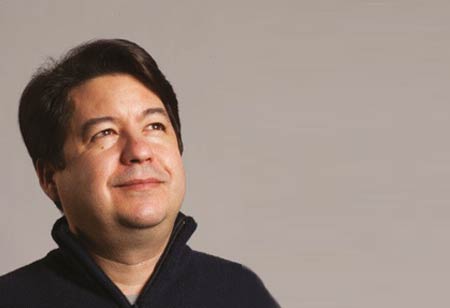
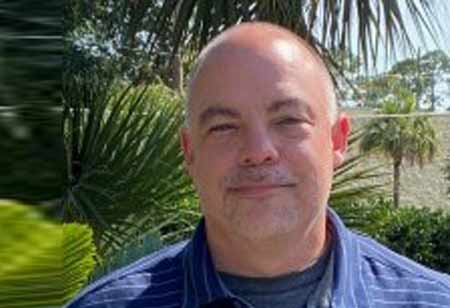
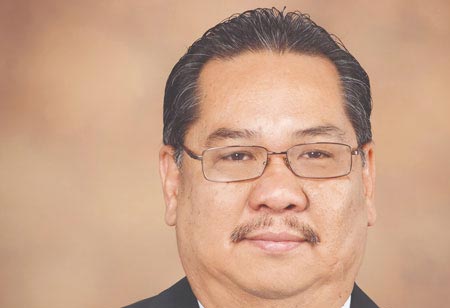
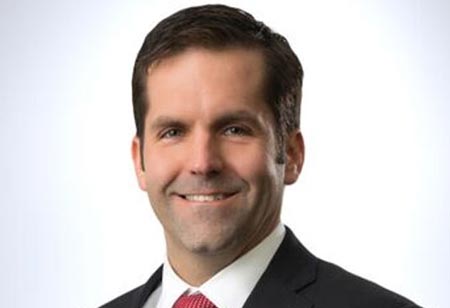
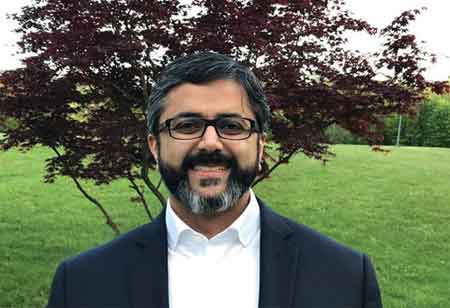







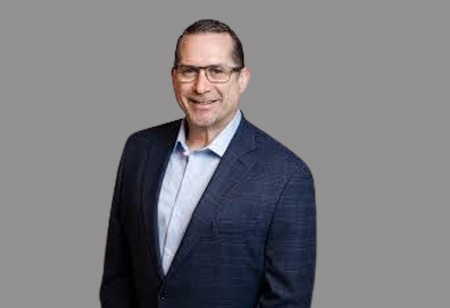

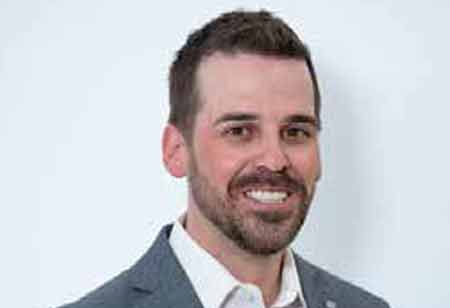



ON THE DECK
AudioVisual Europe 2024